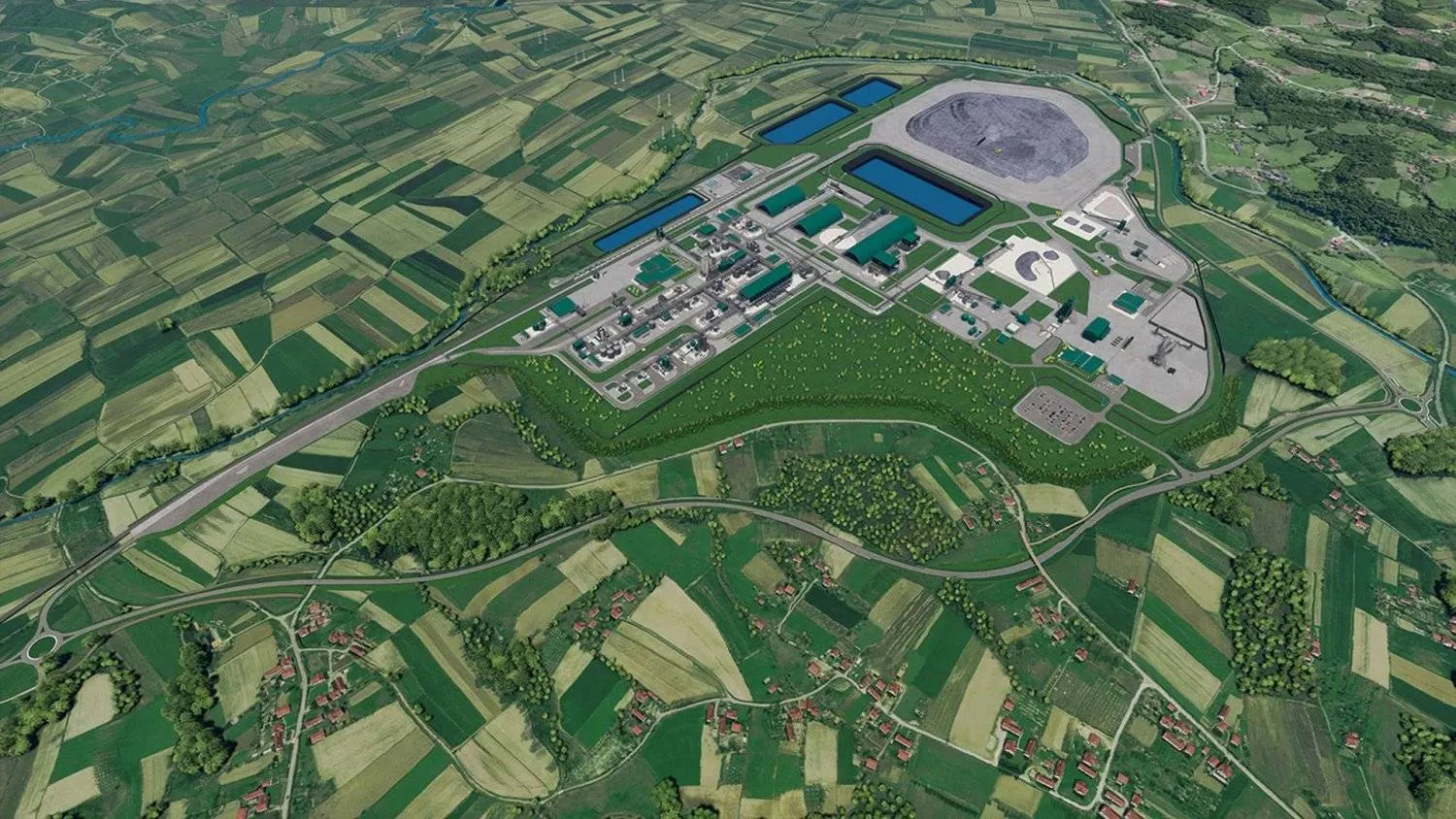Serbian President Aleksandar Vucic is preparing to give Rio Tinto the green light to develop Europe's largest lithium mine two years after Belgrade called off the project, the Financial Times said on Sunday.
Vucic told the newspaper that "new guarantees" from the global mining giant and the European Union looked set to address Serbia’s concerns over whether necessary environmental standards would be met at the Jadar site in the west of the country.
Rio Tinto said in a statement emailed to Reuters: "We believe the Jadar Project has the potential to be a world-class asset that could act as a catalyst for developing an EV (electric vehicle) value chain in Serbia".
Regarded as a critical material by the EU and the United States, lithium is used in batteries for EVs and mobile devices.
"If we deliver on everything, (the mine) might be open in 2028" Vucic told the FT, adding that the mine was projected to produce 58,000 tons of lithium per year which would be "enough for 17% of EV production in Europe — approximately 1.1 million cars."
In 2022, Belgrade revoked licenses for Rio's $2.4 billion Jadar project after massive environmental protests. If completed, the project could supply 90% of Europe's current lithium needs and help to make the company a leading lithium producer.
In 2021 and 2022 Serbian environmentalists collected 30,000 signatures in a petition demanding that parliament enact legislation to halt lithium exploration in the country.
Serbia to Give Green Light for Rio Tinto Lithium Mine

The Jadar site in the west of Serbia. Photo: Rio Tinto website

Serbia to Give Green Light for Rio Tinto Lithium Mine

The Jadar site in the west of Serbia. Photo: Rio Tinto website
لم تشترك بعد
انشئ حساباً خاصاً بك لتحصل على أخبار مخصصة لك ولتتمتع بخاصية حفظ المقالات وتتلقى نشراتنا البريدية المتنوعة







